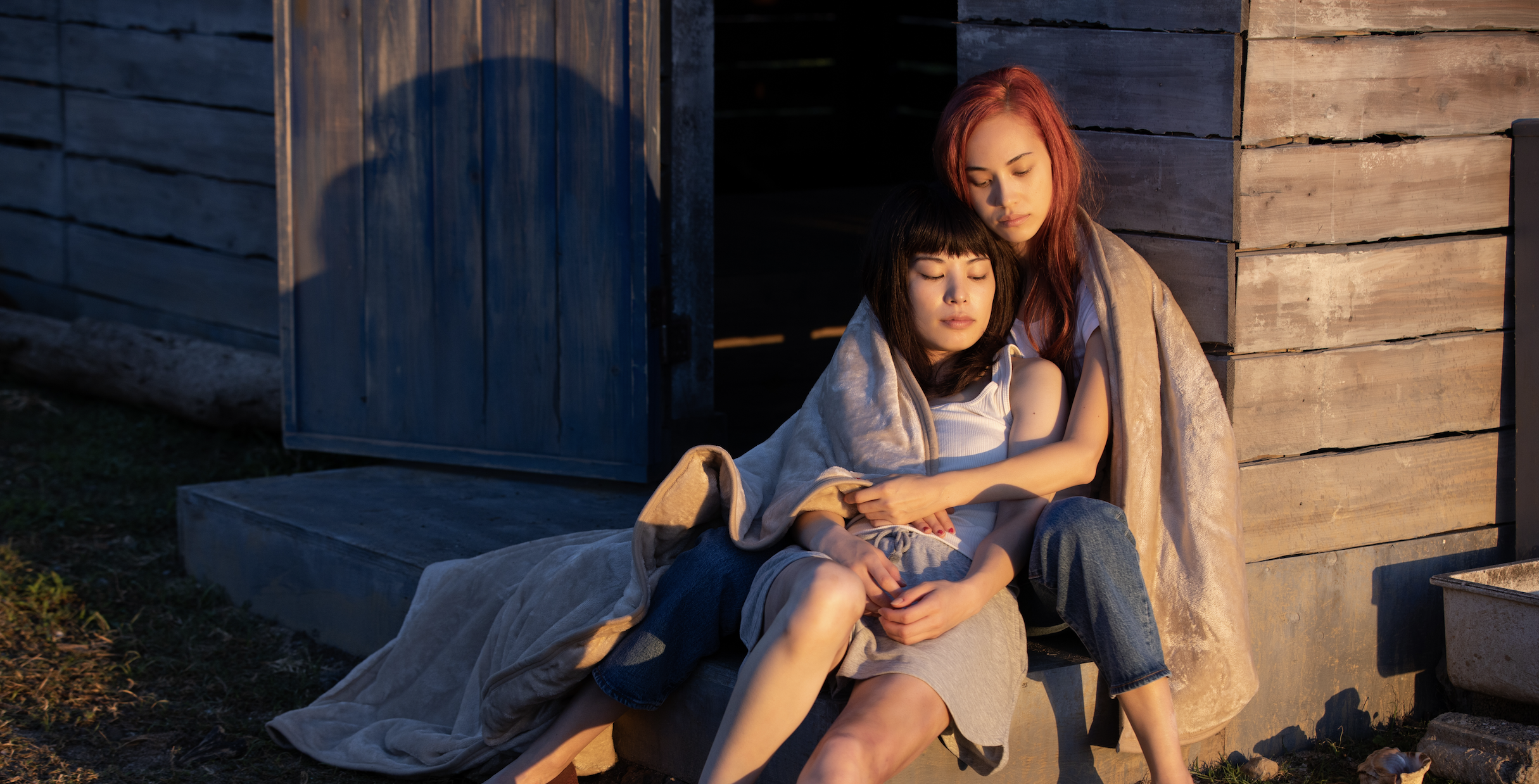Love at its infancy can be pure and sweet, but sometimes, when it’s forced down, locked up inside without calm acceptance, this yearning can fester into something toxic, something too passionate to control. Ride or Die is based on the Gunjō manga, which portrays a relationship between two high school girl best friends made toxic when Nanae recruits Rei to seduce and murder Nanae’s abusive husband. Gunjō wasn’t a perfect representation of a lesbian relationship, but in the hands of a mostly male crew, the resulting lesbian road film adaptation is gorgeous, but feels a tad too long, and a tad too gratuitous with its sex and violence. Ride or Die has an intriguing, boundary-pushing premise about the dark side of devotion, but its execution makes the film an uneasy watch.
Synopsis
Rei helps the woman she's been in love with for years escape her abusive husband. While on the run, their feelings for each other catch fire.
Storyline
After learning about her first love Nanae Shinoda’s abusive husband, lesbian surgeon Rei Nagasawa abandons the life she’s built to help Nanae escape. While on the run, their emotions run high, with the innocent bond they formed in high school tainted by what they had to do to leave.
TLDR
Kiko Mizuhara deserves better.
What stands out
The sex and violence. It’s because of this that the controversy surrounding Ride or Die isn’t surprising, namely the sexual harrassment allegations against film producer Umekawa Haruo.


